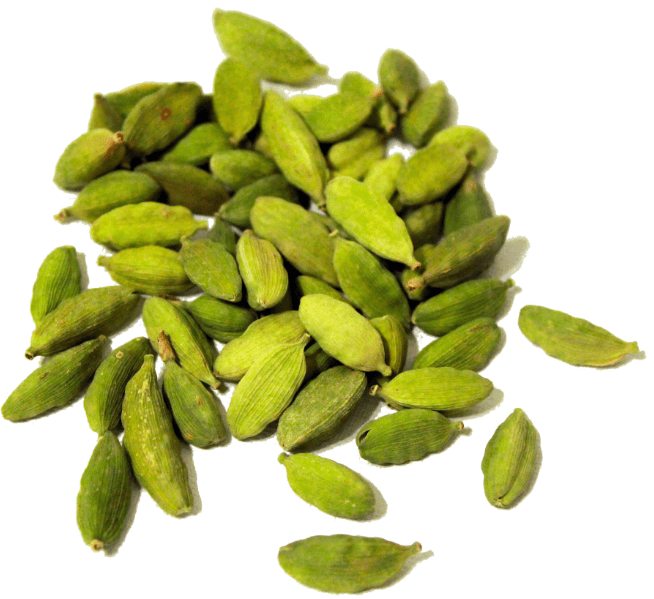Cholera
Definition:
Cholera: An infectious disease characterized by intense vomiting and profuse watery diarrhea and that rapidly leads to dehydration and often death. Cholera is caused by infection with the bacteria Vibrio cholerae, which may be transmitted via infected fecal matter, food, or water. With modern sanitation, cholera is no longer as common as it once was, but epidemics still occur whenever people must live in crowded and unsanitary conditions, such as in refugee camps. The disease is treated with intravenous fluids and with antibiotics. Cholera has also been known as Asian cholera, due to its one-time prevalence in that area of the world.
Signs & Symptoms:
Within one to five days of ingesting the cholera bacterium, a person will develop symptoms that range from mild to severe. Cholera is a potentially life threatening disease and requires awareness and early recognition of the symptoms so as to avoid complications and fatalities.
Symptoms for Cholera include:
Watery diarrhea with a ‘fishy’ smell
Stomach cramps
Dry mouth and skin
Dry mucous membranes
Loss of skin elasticity
Excessive thirst
Dehydration<
Low urine output
Leg cramps and muscle cramps
Heart palpitations
Nausea and vomiting
Low blood pressure
Exhaustion and weakness
Sunken eyes
Irritability and restlessness
Cholera is diagnosed through a stool sample or a rectal swab. The bacterium that causes cholera is identified in the sample and treatment begins immediately.
Cause:
The bacterium Vibreo Cholerae causes cholera. This bacterium is transmitted via food or drink. Reports show that raw seafood such as oysters are particularly susceptible to contamination. Poor hygiene and undercooked food also results in contamination. Some people may be more prone to cholera if they have a deficiency or absence of hydrochloric acid in their bodies. Natural disasters such as floods and earthquakes can also lead to cholera epidemics. This happens because clean drinking water and food becomes scarce in the aftermath of such disasters. Waste disposal is also affected and poor hygiene increases the chances of cholera bacteria spreading more easily.
How To Cure:
The use of lemon for example is very popular in reducing the levels of cholera bacilli in the intestines and digestive system. Lemon juice drunk either sweet or salted can help.
A decoction of the root bark of the guava tree and boiled water should be drunk twice daily to reduce cholera symptoms such as nausea and vomiting.
Onions and fresh black pepper ground together is another easy home remedy for cholera to treat restlessness and thirst.
Mix equal quantities of coconut water and cucumber juice to relieve excessive thirst and prevent dehydration.
Steep half a nutmeg in half a liter of water and make an infusion. Add to this infusion half a liter of coconut water. Administer this 15ml at a time to lessen cholera symptoms.
Rough chaff also known as Achyranthes aspera should be mixed with half cup of water and given to the cholera patient daily.

